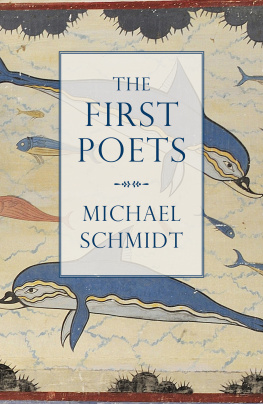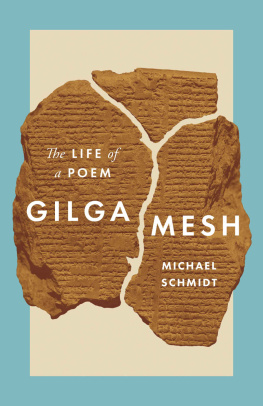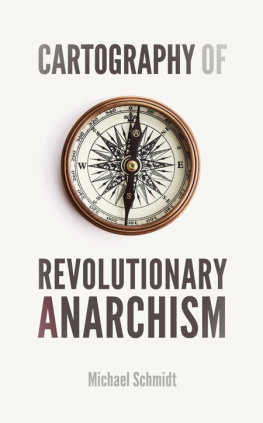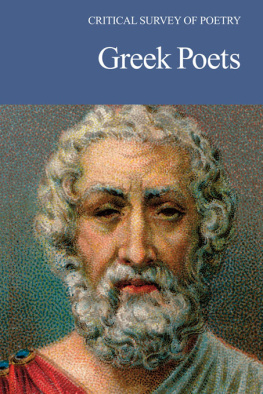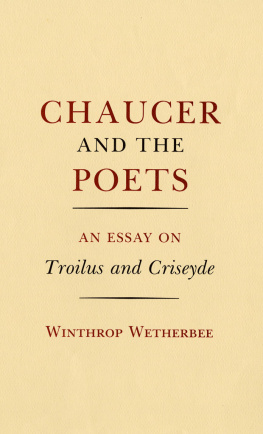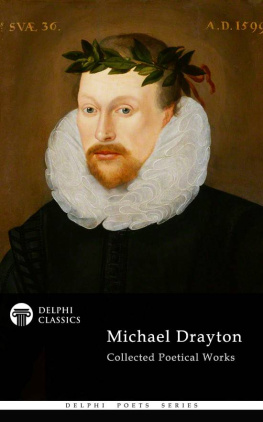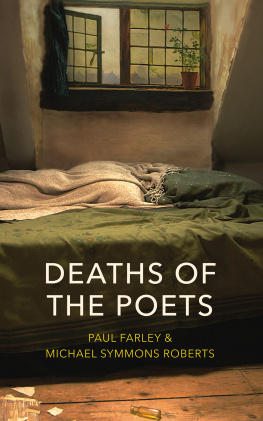that which hath receivd Approbation from so many, I have chosen not to omit. Certain or uncertain, be that upon the Credit of those whom I must follow; so far as keeps aloof from impossible and absurd, attested by ancient Writers from Books more ancient, I refuse not, as the due and proper subject of Story.
JOHN MILTON, The History of Britain
In Mythistorema, the Greek poet George Seferis recalls waking from a dream with this marble head in my hands. It is weighty, and he has no place to put it down. Its eyes are neither open nor closed. It is trying to speak but can say nothing. The bone of the cheeks is breaking through the skin. What was at first stone becomes flesh and bone. The poet has not asked for the burden and is not free to discard it.
Things that inadvertently shape us draw upon structures, forms, legends, and myths that have their origin in ancient Mediterranean cultures. Our mother tongue may not be Greek, butthanks to Romes adoption of the Hellenic spiritwe, too, inherit that fragmented legacy of ideas and figures, stories and histories that can be as real to us as our own more immediate past. Even its strangest elements rise out of the darkness almost with the force of memory.
When we listen to the verse phrases and whole poems that have made the hard journey through time, space and language, phrases and poems that Shakespeare, Milton, Dickinson, Shelley, Pound, Rich and others may have heard at different times and in different ways, we are enthralled as much by what we cannot know as by what we hear. Though we are seldom certain that a text is accurate, though we cannot approach its sound, invent its musical accompaniment and ceremonial, join the general audience or the lite symposium, or affirm that something said is literally true, we do understand what is true in a sense, and in what sense it is true. Yet we must retain an awareness of the otherness of the cultures we are exploring.
This is a protestant book in a fundamental sense: it both affirms the importance of the Greek texts and believes in the possibility of English vernacular access to them. I concede that in academic terms, the scope of this book is unrealistically, perhaps improperly broad; no amateur can begin to master the accretion of two and a half millennia of patristics that by turns illuminate and obscure the core texts. The decline in the study of Greek in schools and universities has not been accompanied by a decline in critical and theoretical studies nor yet by a deliberate opening out of the subject. What was once a key discipline has become a series of specialisms.
The First Poets attempts an opening out. I have been beguiled by several modern scholars and wanted to follow them further than I could in an introductory book of this kind. I wanted to write a book that instructs and entertains, to suggest some of the theoretical and critical issues of the present and earlier ages, but primarily to honour ancient patterns of belief. I allow myself to err with the Alexandrians when it comes to telling about the poets lives, because the nature of Alexandrian error tells us about their culture and its priorities. If I had adhered to the strictures of modern historians and theorists, who insist that because we cannot prove them we should not credit the ancient tales nor believe in the ancient gods, I would not have begun to write these lives nor wished to read these poets.
The grands absents are the dramatic writers of the classical period. Their omission is intended to do two things: to release the poets whom they and their Athenian shadows have obscured, and to suggest that poetry and drama are generically distinct, despite the lessons one can learn from the other.
I am indebted to many individuals for support and help with The First Poets. The oldest debt I owe is to the late Sir Maurice Bowra, Warden of Wadham College when I was an undergraduate, who gave me texts (his own included) and encouraged my curiosity. I also had the privilege at Harvard of attending Robert Fitzgeralds celebrated seminars on The Epic, which, though they were intended to take us up through Perse, concentrated with passion on Homer. Evelyn Schlag commented on this informal history as it was written, providing suggestions and references, and without her I could not have completed it. Colleagues at Carcanet Press and PN Review, Pamela Heaton and the late Joyce Nield in particular, encouraged me. At the John Rylands University Library Stella Halkyard has always provided a reassuring presence, advised and allowed me to consult the librarys astonishing holdings. To my wonderful editor at Orion, Maggie McKernan, to her indefatigable assistant, Kelly Falconer, and to Keith Egerton, proof-reader, my warmest thanks are due. Other friends and authors made suggestions which proved invaluable to me: Robert Wells, John Peck, and in particular Frederic Raphael, whose acute reading prevented some inaccuracies and many infelicities, though no responsibility for the concept or the shortcomings of this volume should attach to anyone but the author.
Didymus the grammarian wrote four thousand books: I would pity him if he had merely read so many useless works. In some he investigates the birthplace of Homer, in others, the real mother of Aeneas, whether Anacreon was addicted more to lust or to liquor, whether Sappho was a prostitute, and other matters that you would forget if you ever knew them; and then people complain that life is short.
SENECA, Letter to Lucilius
I MATERIALS
Didymus of Alexandria, who lived between 65 BC and AD 10, was nicknamed Brass-Bowelled because he contradicted himself from book to book. The Roman writer Seneca, constructed as he was on a foundation of Greek culture, developed a dislike for literatures parasites and for the secondary literaturethe criticism, theorising and investigationwhich men such as Didymus produced. Works of that kind interposed verbiage between a poem or play and the reader. So many of them, he tells his friend Lucilius, are simply

